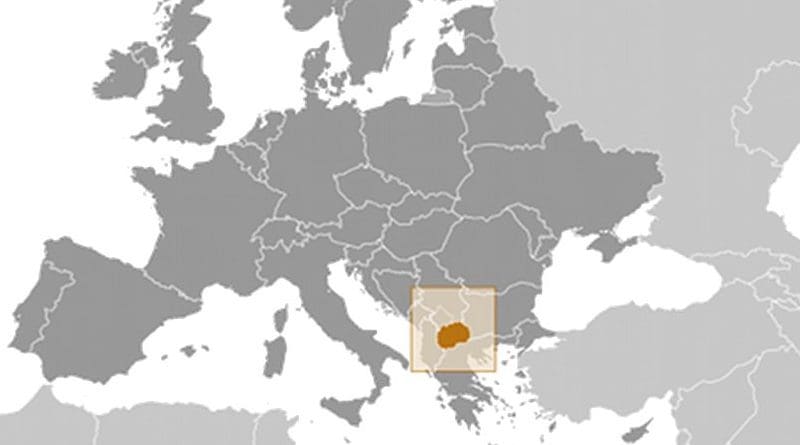Macedonia: Parties Trade Blame Over Deadly Smog
By Sinisa Jakov Marusic
As air pollution in capital, Skopje, and other towns remains at an alarming level, prompting fresh calls from environmentalists for action, the ruling VMRO DPMNE party has tried to shift the blame for the deadly smog to local authorities run by the opposition.
The opposition Social Democrats, SDSM, have meanwhile demanded a more thorough approach to curb air pollution, accusing the ruling VMRO DPMNE of doing nothing in the past ten years to address this issue.
“The new responsible Macedonian government will seriously approach this problem at its first session,” the SDSM said in a press release, adding that should it form the new government, for which unofficial negotiations with other parties are underway, it has a set of concrete measures in mind.
These include free public transport to get people out of their cars and stopping all construction activities in towns over winter.
“We will also increase the legally required level of greenery in towns, provide subsidies and favourable credits so companies can install modern filters, gasify [provide natural gas] for 32 towns in Macedonia following the example of [opposition run] Kumanovo and Strumica and facilitate the adoption of solar energy in households,” the SDSM said.
For several years, air pollution levels in Skopje and in the towns of Bitola, Kicevo, Tetovo Kumanovo and Kavadarci have reached record highs in the winter months.
Particularly problematic is the high level of deadly PM10 particles, small breathable specks that are considered one of the worst air polluters. Due to their small size they can penetrate the lungs and are known to cause cancers and other diseases.
During winter, they occasionally reach 360 index points. According to European air quality standards this is seven times higher than the normal level and enough to warrant declaring a health warning.
The VMRO DPMNE party, which also hopes to lead the new government after the close general election results on December 11, has focused its attention solely on the two opposition run towns of Kumanovo and Strumica.
It says that while the opposition is tough on words when it comes to air pollution, it has done nothing in either of the two towns to bring pollution levels down.
“Strumica has no air pollution measuring station while [opposition leader and Strumica mayor, Zoran] Zaev enjoys fresh air in Halkidiki [in Greece],” was the headline published on Tuesday by the pro-government news portal Kurir.
Kurir and similar media outlets on Wednesday also turned their attention to the town of Kumanovo, claiming that it topped the air pollution charts in Europe.
“The SDSM has failed to act for 26 years” to curb this problem, Kurir said.
At the same time, VMRO DPMNE has demanded an emergency municipal session in Kumanovo to discuss air pollution levels while snubbing calls for similar sessions in Skopje, which it runs.
The city of Skopje in the past few years has tried sprinkling the streets with a calcium-magnesium-acetate agent to capture air pollutants. It also announced a study to determine whether and how it could reduce the use of wood for heating, a major polluting factor, which has yet to come out.
Annual progress reports by the European Commission have for several years noted the serious levels of pollution from PM10 particles in Macedonia.
To show it took the fight against this pollution seriously, the government in 2013 threatened prison terms for bosses of factories that violated regulations on pollution.
In 2014, the government also refused industry demands to postpone the legal deadline to equip big pollutants with filters from 2014 to 2019.
Later it deemed the campaign a success. However, the new factory filters have not decreased air pollution levels, either.
– See more at: http://www.balkaninsight.com/en/article/macedonians-trade-blame-over-deadly-smog-01-05-2017#sthash.FGzBSF2j.dpuf

